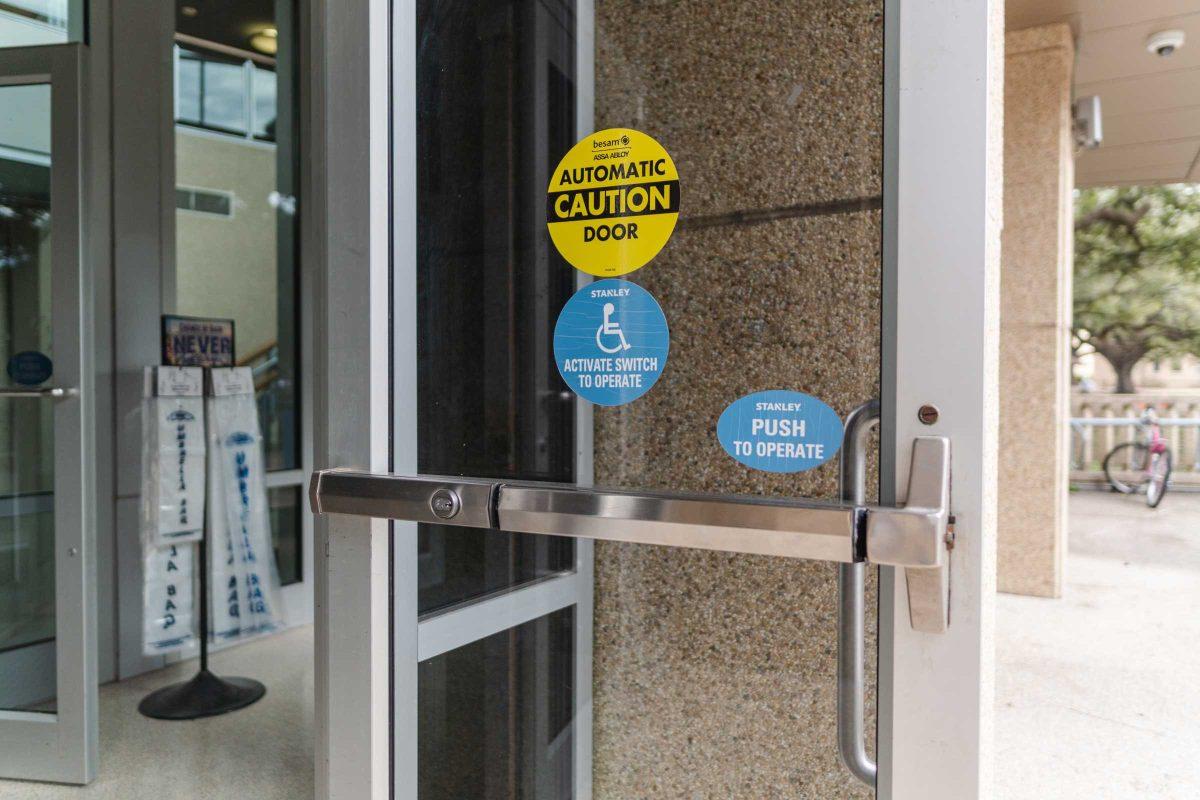Disabled journalists belong in the newsroom. I’m one of them.
When I got my first job as a student journalist, I was scared. I was scared my disability would get in the way. I was scared that my editors would find out and think of me differently.
I am privileged, as my disability is hidden. It makes my life harder, as it always will, but my editors probably never knew.
With time, I overcame my fear. I did my job well and my work is respected. I rose to senior reporter and again to editor-in-chief. Soon I will be stepping back at The Reveille for yet another opportunity in journalism.
Before I go, I want to share what I learned as a disabled editor. I hope that the editors at this newspaper and every other outlet hears what I have to say.
It’s easy to accommodate. Not only is it easy, it is worth it in every sense of the word.
I never saw some of my staff. They did their job from home and produced some of their best work. While shoe leather reporting will never go out of style, so much of contemporary reporting, particularly enterprise reporting, can be done from home. There is no reason to not allow a reporter to work off site if there is no benefit to them showing up in a physical newsroom.
Some deadlines were missed. But through a little communication and empathy, I still put a paper out on time and allowed my reporters to take care of their own health and well-being. Having a product you can be proud of a couple of days late is always better than forcing your staff to push themselves to exhaustion to turn in a subpar story.
Sometimes stories got transferred because a reporter needed a mental health break from a topic. Considering the state of the world and the news that we cover, that’s going to happen. It’s not the end of the world.
These are accommodations that should be offered not just to disabled reporters, but to all reporters. Treating your staff with dignity and respect will only benefit an industry that has been defined by pushing those that are deemed “different” out of the industry and relying on abusive labor practices.
Offering basic flexibility to all workers, and accommodating disabled workers whenever humanly possible, is how journalism, a calling that is under threat, will survive and grow.
I’m proud of the work that The Reveille team did and I’m proud that we did it while prioritizing the needs of the people in our newsroom.
It wasn’t hard.
In a world where the COVID-19 pandemic is causing leagues of people to develop permanent disabilities and health news is constantly at A1, disabled reporters bring a much needed perspective.
To the bosses out there, I ask you to put your biases aside and hire and accommodate disabled reporters.
To my fellow disabled journalists, I ask you to keep writing. You belong in this industry. It can be hard and it can be lonely, but you are doing a good thing for the world by lending your voice to truth. Don’t give up.
Letter from the Editor: What I learned as a disabled editor
August 1, 2022
An automatic door sits open on Monday, Jan. 24, 2022, at the LSU Student Union on South Campus Drive in Baton Rouge, La.






